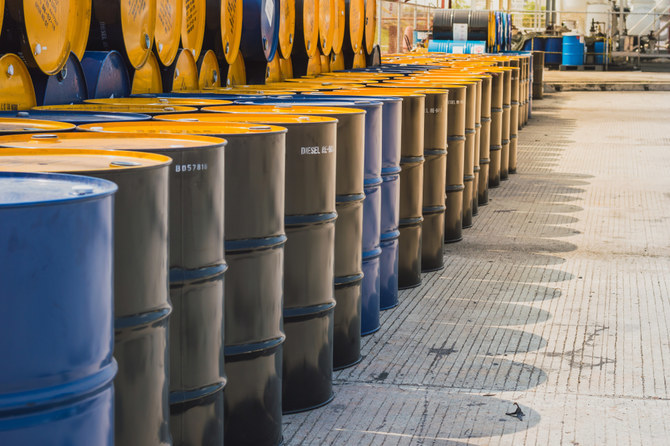The government has devised a strategy to prevent an increase in Pakistan’s import bill by keeping petroleum product prices stable and refraining from reducing the petroleum levy. This approach is intended to curb demand by maintaining high prices, which will help avoid higher import costs.
According to a news report, the finance ministry plans to involve both Parliament and the public in discussions regarding any changes to petroleum product prices. This transparency is seen as a way to retain political and public support even when prices are high.
The finance ministry explained that global oil price increases often lead to a higher import bill. To manage this, the government intends to control demand by keeping petroleum prices high.
Lowering the petroleum levy during periods of high oil prices, they warned, could lead to increased consumption, which would ultimately raise the import bill.
In addition to these measures, the government has committed to maintaining consistency and transparency in the petroleum levy to ensure effective fiscal management and maintain public trust.
Last month, the government increased the petroleum levy on petrol and high-speed diesel by Rs10 per litre, bringing the rates to Rs70 per litre. Kerosene oil is currently taxed at Rs10.96 per litre, while light diesel oil is taxed at Rs7.75 per litre.
Furthermore, the federal cabinet approved a reduction in electricity prices by Rs1.71 per unit for the period from April to June 2025, as part of efforts to balance fiscal management and public relief.




